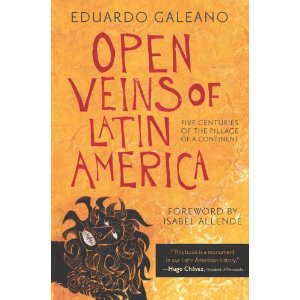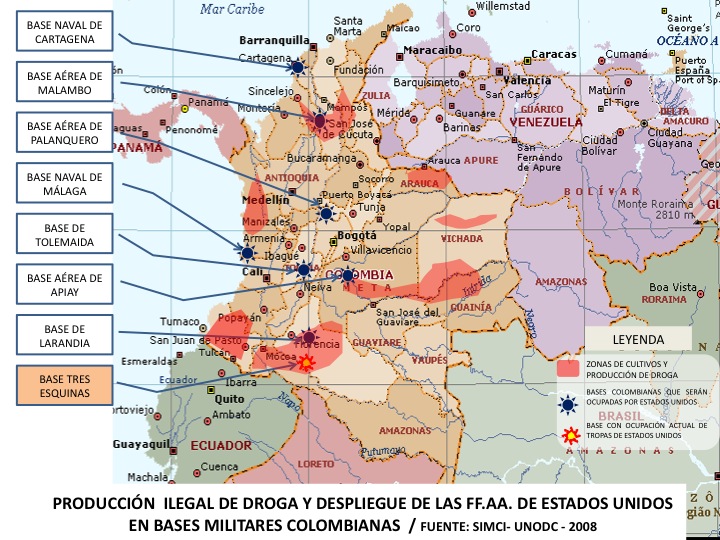Mood:
Now Playing: Senator Merkley: Appropriations Committee: passed a bill with incentives for such militarization, prevention and return of mig
Topic: Latin America Solidarity
---------- Forwarded message ----------
From: "pcasc staff" <info@pcasc.net>
Date: Wed, Jul 20, 2016 at 3:22 AM -0700
Subject: Re: Boletin MMM Junio - WMW Newsletter Jun - MMF bulletin Juin.
To: "pcasc activist" <pcasc-activist@pcasc.net>
Cc: <mmm-mmf-wmw-friends@listas.movimientos.org>
"Yes, now more than ever, we need a link, to connect with our sisters in the four corners of the world, because the situation today has become unsustainable: violence against women has been escalating as a result of increasing militarization, and poverty is deepening as result of the dispossession of our livelihoods. Corporate powers and governments are reinforcing their mechanisms for control, intimidation and the criminalization of women and social movements that stand for justice in defence of Mother Earth, in defence of democracy, in defence of life."
This asks us to bring similar requests together in one call to each member of Congress, because it's the same problem of militarization that drives abuses consistently. Militarization is the tool of the corporations and upper class to dominate, exploit, and make big profits.
We at PCASC have been asking our members of Congress to oppose the militarization of borders that the US Administration is pushing for Honduras, Guatemala, El Salvador and the return of refugees from these, who have often then been murdered.
We have not seen any positive actions from them. Senator Merkley is on the Appropriations Committee that passed a bill with incentives for such militarization, prevention of migration, and return of migrants, despite our asking that he seek to remove these conditions. His office did not inform us of the consideration of this bill (State and Foreign Operations, Central America section) nor whether Senator Merkley took any action. His foreign affairs staff, Adrian Snead, told us that Plan Colombia, the militarization of Colombia during which 6.4 million people were victimized, was a success.
The message above and attached newsletter here from the World March of Women articulates clearly messages we ask you to take to your members of Congress: stop US militarization programs! They will tell you they will convey your message. Ask for commitments to action and their responses to your request and call them back. They have been slippery and avoided acting. Please help us persist and insist that not standing up emphatically for human rights is not acceptable because they can act to diminish the suffering and abuses. They can so they need to.
1. The message above and in the email below and its attached newsletter shows us AND our members of Congress the human rights abuses THEY produce when they allow militarization: women suffer a lot of the abuse.
Specifically, please call them and tell them to join others or initiate action to stop supporting the abuses against women (and others) in Turkey (and everywhere) that they have set up by building up military forces and to end that military support. I would read the first paragraph above because it identifies clearly the harm from militarizing. Men and children get killed and abused, too, in Latin America.
Other information tells us to get US nuclear weapons out of Turkey, which just had a coup attempt, before ISIS or a hostile takeover gets them. Threatening Russia with nuclear weapons next door is foolish and destructive: get the hawks who want war and abusive governments like the one the US set up in the Ukraine out.
2. Please call and tell ask them AGAIN to cosponsor the Berta Caceres Human Rights in Honduras Act, HR 5474, and sign onto Rep Lowenthal's letter to the Secretary of State to get serious about human rights abuses in Mexico (due Th July 28), if they are in the House, and they can introduce these in the Senate. Representative Bonamici has cosponsored both already, Reps Blumenauer and DeFazio have signed the Lowenthal letter. Rep Blumenauer is still thinking about Berta's Act -- it's high time he acted, his staff claims he's got a good record on human rights. Rep Schrader says he won't act unless Republicans are joining; if you're his constituent, you can tell him he represents his voters, not the Republicans in Congress. He needs to assert his demands for human rights. He can invite the Republicans and go on without them if they fail to act humanely. Senators are just waiting around, apparently. They all need to take initiative like Representative Bonamici, although she also would not initiate a Dear Colleague letter to stop the bill pushing militarizing Central American borders.
3. Tell them to end the military support of the Colombian government, called Plan Colombia, not the success they claim but a disaster for its 6.4 million victims since it began (Latin America Working Group:The Human Rights Costs During Plan Colombia). The treaty with the FARC, the main guerrilla group, means they don't need the capability to massacre the FARC after they disarm, which is what happened after a previous guerrilla group disarmed in the 1980s, so the US needs to ensure protection of disarmed guerrillas (and all Colombians) from military/police, corporate, and paramilitary attacks. They need to disarm the paramilitaries.
4. There are corporate-driven, militarily enforced land thefts, killings, and assaults in the Philippines (and other countries like the ones in Latin America). What are they doing and will they do to stop the military attacks that the recent Lakbay Lumad USA tour showed us that drive people off their land? Stop US military support to the Philippines and impose penalties for their human rights violations.
Often they will say that they defer to the ranking Democrats on the committee that a bill is in. If it's about abuses of human beings (or our planet), we need them to insist on moral behavior just as we would.
Please phone or email me what responses you get to these specific requests. As an organization, we need to know what actions we take. My experience is that I need to call them back to get a final response: they study things for a long time sometimes. Persistence!
Jack Herbert
971-205-2254



